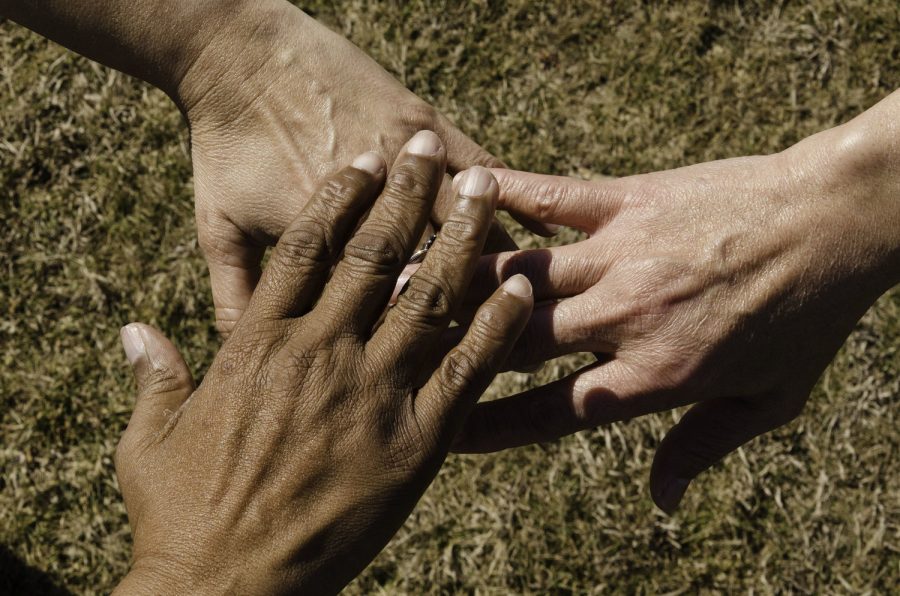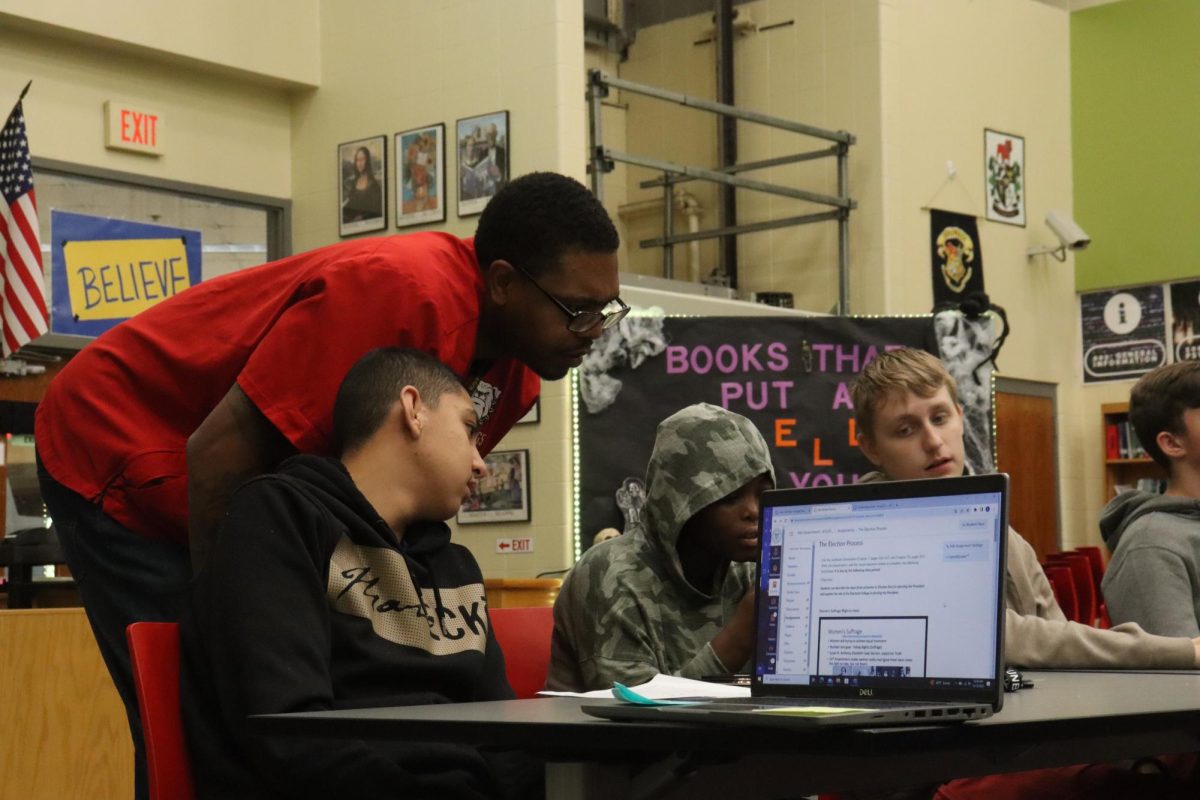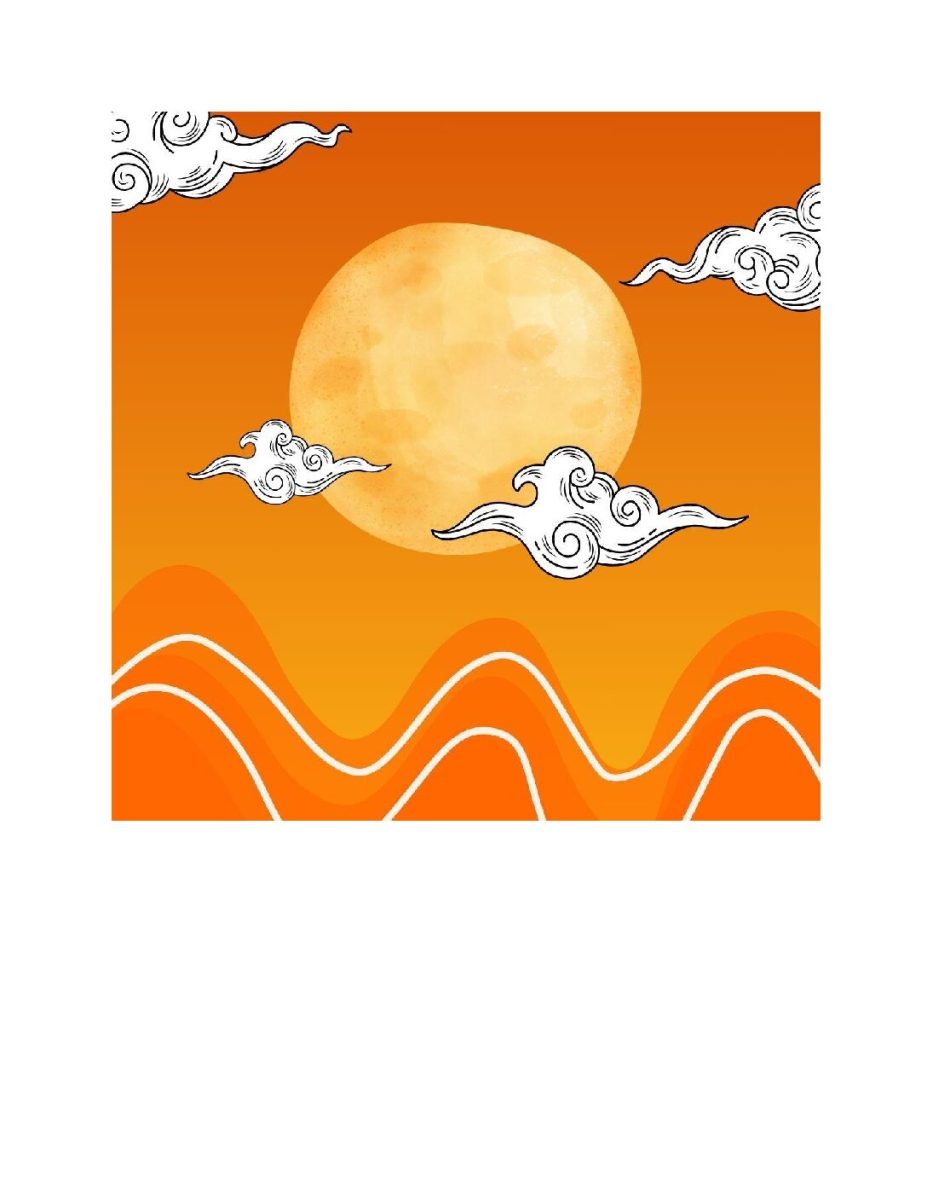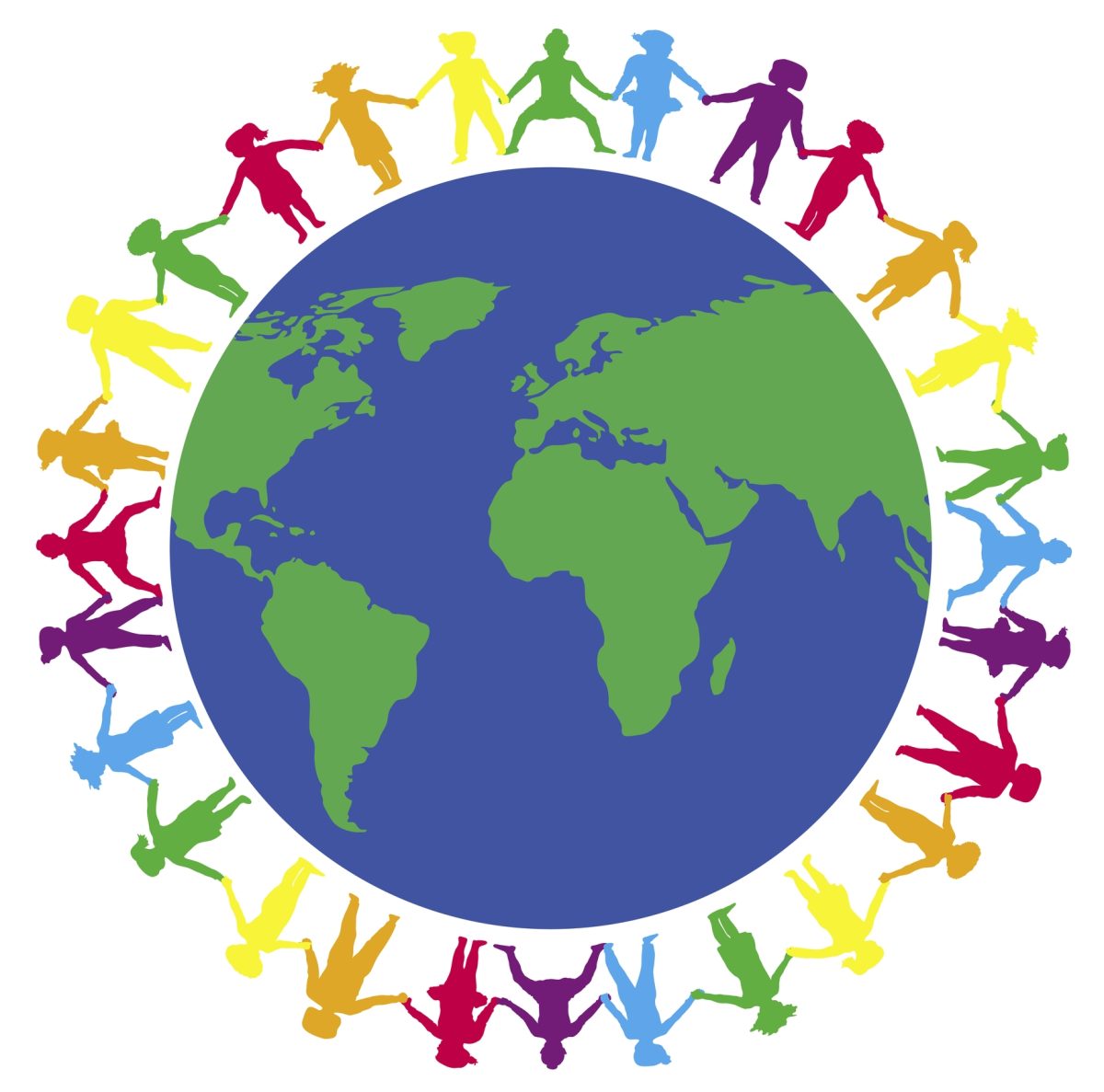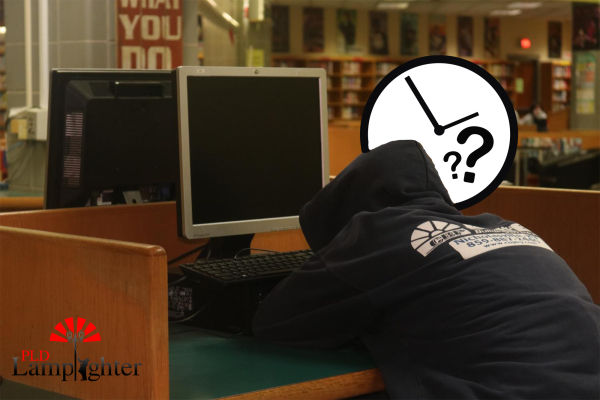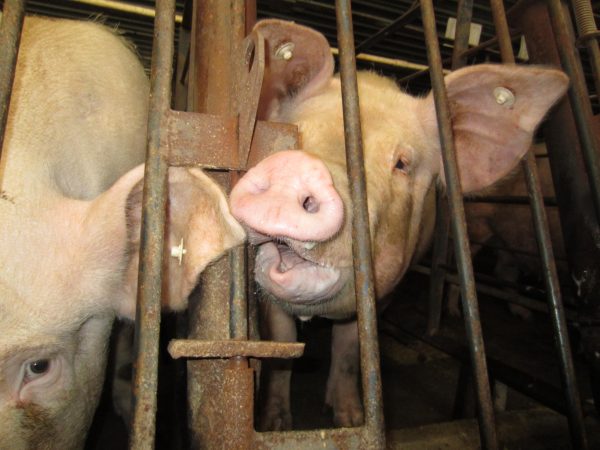The Effects Of Climate Change
It’s becoming clear that humans are the reason for life altering issues.
Climate change is a short-term increase in the average temperature of the Earth’s climate system, shown by temperature measurements. These measurements show that at the current rate of change, temperatures will continue to increase and make winter shorter and summer long.
The world has been affected by climate change in various ways, such as sea levels rising. Increased temperatures cause ice glaciers to melt, which adds more water to oceans. Increased sea levels will eventually cause flooding to cities along the coasts, and potentially carry more into the mainland.
Humans are a huge cause of climate change. When humans burn off fossil fuels, that causes smoke to get stuck in the atmosphere. When this occurs, it causes the temperature to increase. Another way humans have an impact on climate change is by smoking cigarettes. Cigarette paper comes from trees. In the midwest, 600 million trees were used to wrap the paper around cigarettes. Since the trees are cut down, they aren’t able to hold carbon dioxide, which will eventually become trapped in the atmosphere.
The greenhouse effect has also been a contributing factor to climate change. The greenhouse effect is a natural process that warms up the Earth’s surface. When the Sun’s energy reaches the Earth’s atmosphere, some of the heat radiation is reflected into space and the rest is absorbed and re-radiated by greenhouse gases.
The global carbon cycle is being thrown off, too. The global carbon cycle refers to exchanges of Carbon within and between four major reservoirs: the atmosphere, the oceans, land, and fossil fuels. Fossil fuels that are being produced by factories are being released into the Earth’s atmosphere which later comes back down to Earth and causes problems to forests and oceans. The atmosphere is taking in fossil fuels, causing the temperatures to increase and bring down CO2. When the temperatures on land are increasing, the temperatures in the ocean are also rising.
When oceans get too warm, the coral will expel the algae living in their tissues causing the coral to turn completely white. This is called coral bleaching. Pollution and water runoff are also another cause of coral bleaching. Coral bleaching can lead to the extinction of different species. On land, trees are cut down causing deforestation and carbon dioxide to be released back in the atmosphere.
Cutting down trees is stopping the process of photosynthesis. Cellular respiration releases carbon dioxide, which is used in photosynthesis. Photosynthesis, in turn, releases oxygen used in respiration. Animals and other heterotrophs depend on green organisms for organic food, energy, and oxygen. In the carbon cycle, organisms exchange carbon dioxide with the atmosphere. Another one of the main issues causing global warming is landfills. The landfill is a disposable waste that has been thrown in an area that contains wildlife and could cause extinction.
All in all, we as humans are causing global warming. Together, we can prevent it from getting worse by taking steps to better educate ourselves on the topic.
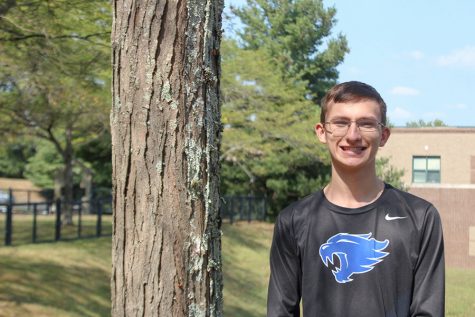
Hi, my name is Drew Pennington and I’m a senior going onto my 3rd year on staff. I got into lamplighter because of my passion of sports and began writing...
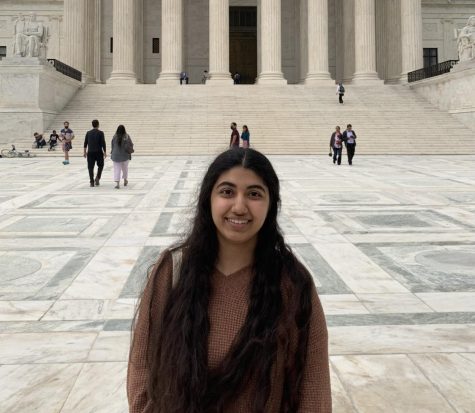
Hi! I’m Nimi, I’m a senior and this is my third year in Lamplighter. This year, I am one of four Editors in Chief for the program. I spent my first...





